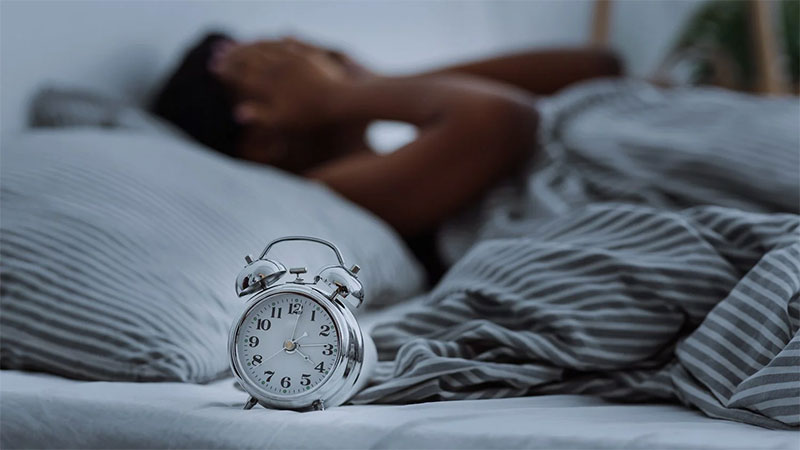No products in the cart.
Is Cannabidiol a Safe and Effective Sleep Aid? Leave a comment
Is Cannabidiol a Safe and Effective Sleep Aid? A good night’s sleep is essential to your overall health and wellbeing. Experts recommend adults sleep at least seven hours each night. Proper sleep ensures you feel well-rested and have energy for the next day. A good night’s rest also contributes to memory formation, helps grow and repair muscle and tissue, and prevents sickness.
Unfortunately, falling asleep or staying asleep can be difficult for certain types of sleepers. As many as 70% of Americans report not sleeping the recommended hours, and nearly one-third of American workers sleep less than six hours per night . Solutions for better sleep and avoiding sleep debt vary. Possible approaches include improved sleep hygiene, prescription sleep aids, and natural sleep aids.
One increasingly popular strategy for sleeping better is taking cannabidiol (CBD), a derivative of cannabis. CBD is commonly used to improve sleep and decrease anxiety. However, the regulation of CBD in the United States is limited, and much more research must be done to determine the exact effects CBD has on sleep and other physical and mental health concerns.
About Cannabis and Cannabinoids
While there are many different slang terms for the green, narrow-leafed plant you may recognize, the plant is scientifically called Cannabis sativa. The word “cannabis” can be used to describe any products made from the plant. Cannabis plants contain multiple chemical compounds, including a group referred to as “cannabinoids.” Out of more than 100 cannabinoids, researchers have primarily studied two that appear to have the greatest impact on humans: tetrahydrocannabinol (THC) and CBD.
Most commonly known effects of cannabis, such as “getting high,” are caused by the cannabinoid, THC. The term “marijuana” specifically refers to parts of the Cannabis sativa plant that contain THC.
Cannabis plants and derivatives that contain less than 0.3% THC are classified as “hemp.” As of 2018, hemp is no longer defined as a controlled substance by the U.S. federal government. As a result, there has been an influx of hemp-related products in the American market. These products are generally marketed as CBD products.
How Can CBD Help With Sleep Disorders?
Research on the effects CBD has on sleep disorders is still preliminary. Some people who use CBD for chronic pain report sleeping better. Currently, it is unclear whether these patients sleep better because of the pain relief or because CBD directly affects their sleep.
Other initial studies of CBD and sleep disorders suggest positive outcomes. However, not everyone experiences the same sleep benefits with CBD use, and different doses might lead to different effects. Research suggests that low doses of CBD are stimulating, while high doses of CBD are sedating. Discrepancies in experience can also be attributed to the method of CBD administration and dose. Additional research is needed to deepen our understanding of CBD as an intervention for sleep disorders.















